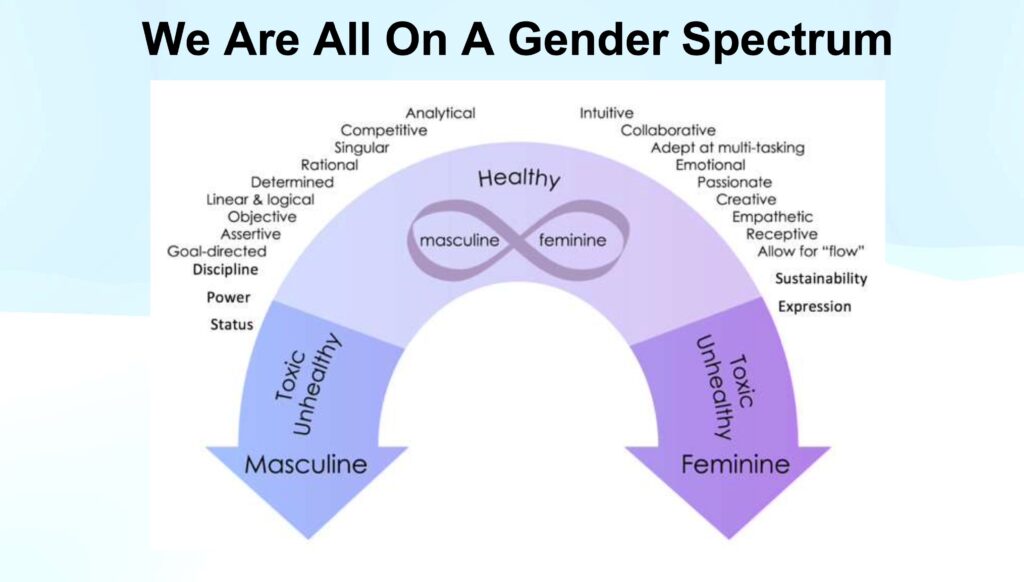Essay Question
For this assignment, consider the blind spots you might be bringing to your MFA courses, and by extension, your writing. What habits or tendencies do you return to again and again? How do you approach the representation of different cultures, abilities, attitudes, worldviews, or experiences? How could the ways you typically think about storytelling conventions and writing craft benefit from expanding beyond your own sphere of knowledge?
Your assignment should be framed as a response to Chapter 1 of Matthew Salesses’s book Craft in the Real World (Catapult 2021), and should begin to tackle the questions above. You may also want to read Claudia Rankine’s essay “On Whiteness and the Racial Imaginary” to help you think more deeply about your position as a Writer.
Answer
Note: these are very SHORT answers, typically 500 words or so. Anyone who knows me can appreciate how brevity while writing can cause me to break out in hives (kidding, but you know what I mean)!
It took me a while to understand what the purpose of this question is. It finally struck me that my lack of perception of a problem is precisely what the question is for.
I am a clean, white page. Like all authors that see unadulterated workspaces, it can be horrifying or it’s an opportunity to cast your work in a whole new light.
The joy for me is understanding I have a choice. I can resist DEI and ‘wokeness’ or I can lean into life around me and become a role model to others that deserve attention or who might prove to be valuable resources.
The starting point? I can ‘decolonize’ my language when writing. Just one article (Christian Ortiz, “Decolonize Your Language: 100 Truth-Telling Terms to Replace Whitewashed Words”, LinkedIn.com, https://www.linkedin.com/pulse/decolonize-your-language-100-truth-telling-terms-words-ortiz–5oitc/, April 23, 2025) and I have one hundred terms and phrases that I can use to soften the harm that comes when speaking in tones of masculine overreach. By using tips like these, I can ‘train’ my writing to be more conciliatory.
Another easy approach is to adjust the ‘maleness’ of my writing by engaging the concept of the ‘divine feminine’ perspective. Historically, I’ve been glued to Campbell, Vogler and Jung (all white men). Recently I’ve immersed myself in the works of Maria Tatar, Maureen Murdock and Kim Hudson. Fiction has gone from Frank Miller to Madeleine Miller. When I consider the attributes of a balanced approach to the ‘gender spectrum’ (see image below) (Susan Liller, “Ted Lasso and the Divine Feminine…and Masculine!”, https://www.weheroines.com/blog/ted-lasso-and-the-divine-feminine-and-masculine, May 23, 2023), the results are almost always radically different:

I write in order to research and vice versa. Given the resources available in our digital world, it’s important to have a basic grasp of cultural or racial needs before attempting to present them in my work. A significant part of my MFA project depends on fair representation of other cultures so I’ll need everything I can muster.
However, there’s still a high probability of me making an embarrassing observation about someone. Therefore, I intend to seek out ‘sensitivity readers’ for my work once it’s complete.
Of course, I believe I possess some qualities that help me with my writing. I’ve had many careers in my life. I used to be a digital media buyer in an age when most ad agencies only understood TV buys.
The absurd level of scrutiny applied to this ‘new media’ meant accuracy was vital. Furthermore, I spent many years in the wine importing business and studied different regions in great depth. Not only did I gain knowledge of the linguistic, geological, political, and economic history of many wine producing countries of the world, I learned that sommeliers can extract the most bizarre descriptors for a glass of red wine.
In summary, I’m well represented in the annals of literature. The Caucasian white, privileged male has been a hero and also a villain, sometimes both. I’m not ready to step aside, but I do cherish the idea of expanding my understanding of this incredibly unique and diverse world and reflecting on it accurately and compassionately.
